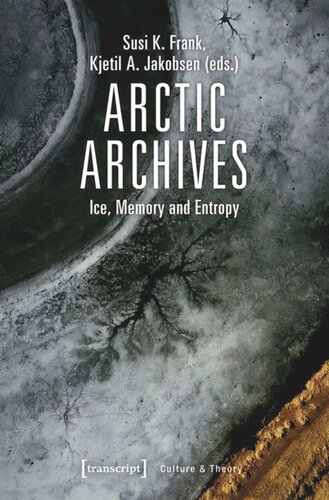

Most ebook files are in PDF format, so you can easily read them using various software such as Foxit Reader or directly on the Google Chrome browser.
Some ebook files are released by publishers in other formats such as .awz, .mobi, .epub, .fb2, etc. You may need to install specific software to read these formats on mobile/PC, such as Calibre.
Please read the tutorial at this link: https://ebookbell.com/faq
We offer FREE conversion to the popular formats you request; however, this may take some time. Therefore, right after payment, please email us, and we will try to provide the service as quickly as possible.
For some exceptional file formats or broken links (if any), please refrain from opening any disputes. Instead, email us first, and we will try to assist within a maximum of 6 hours.
EbookBell Team

4.7
96 reviewsThis pioneering volume explores the Arctic as an important and highly endangered archive of knowledge about natural as well as human history of the anthropocene.
Focusing on the Arctic as an archive means to investigate it not only as a place of human history and memory - of Arctic exploring, 'conquering' and colonizing -, but to take into account also the specific environmental conditions of the circumpolar region: ice and permafrost. These have allowed a huge natural archive to emerge, offering rich sources for natural scientists and historians alike.
Examining the debate on the notion of ('natural') archive, the cultural semantics and historicity of the meaning of concepts like 'warm', 'cold', 'freezing' and 'melting' as well as various works of literature, art and science on Arctic topics, this volume brings together literary scholars, historians of knowledge and philosophy, art historians, media theorists and archivologists.